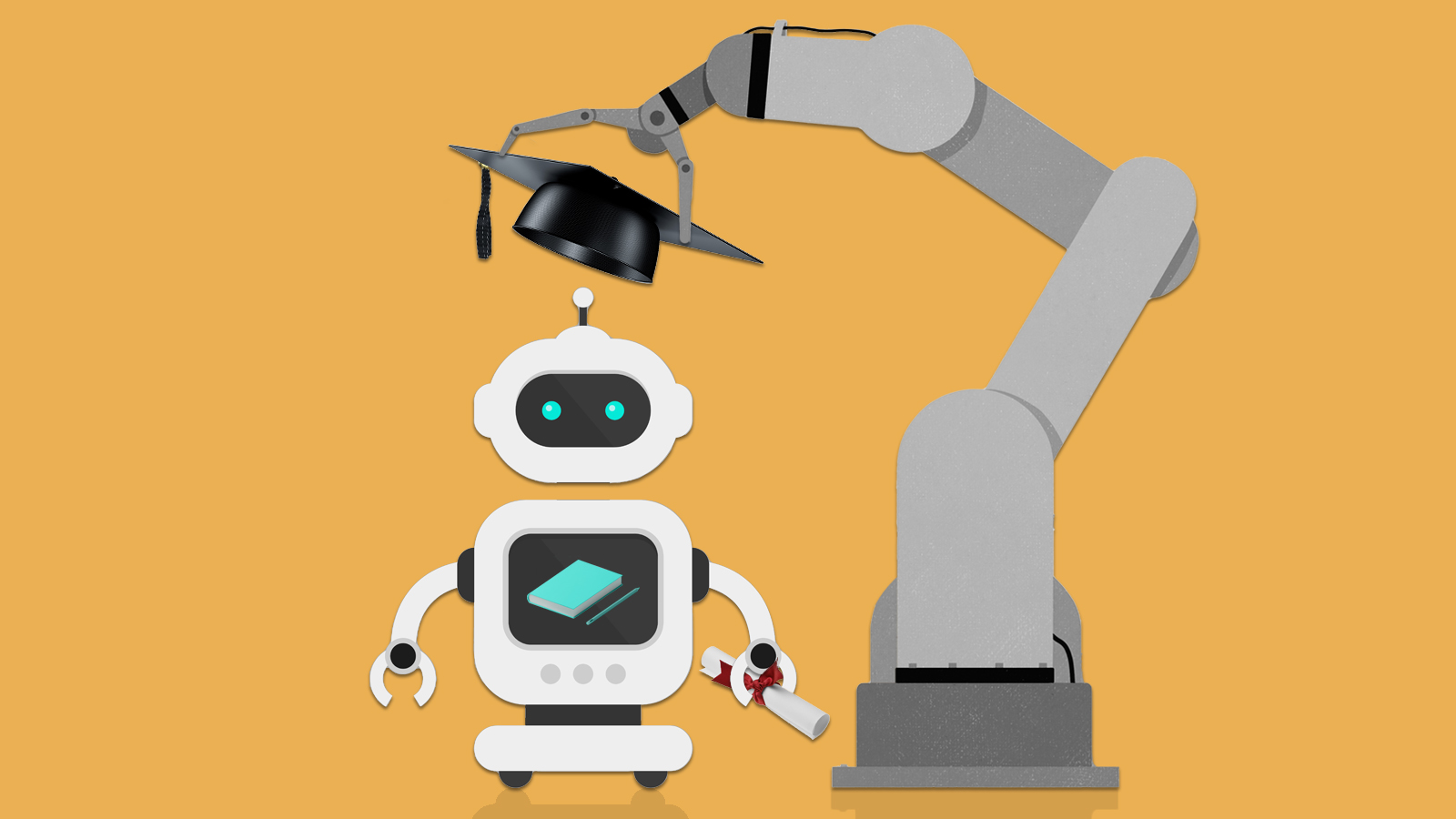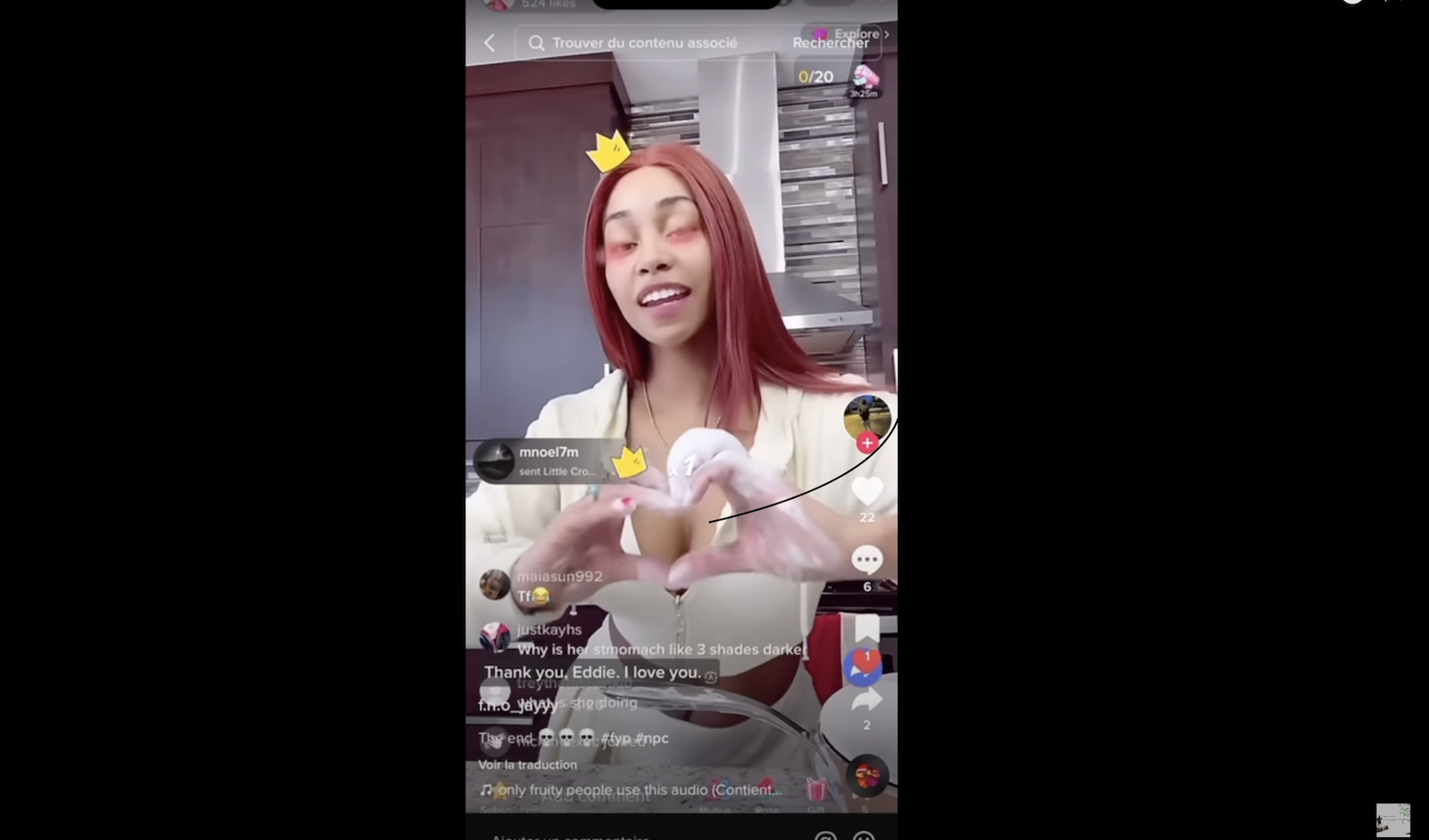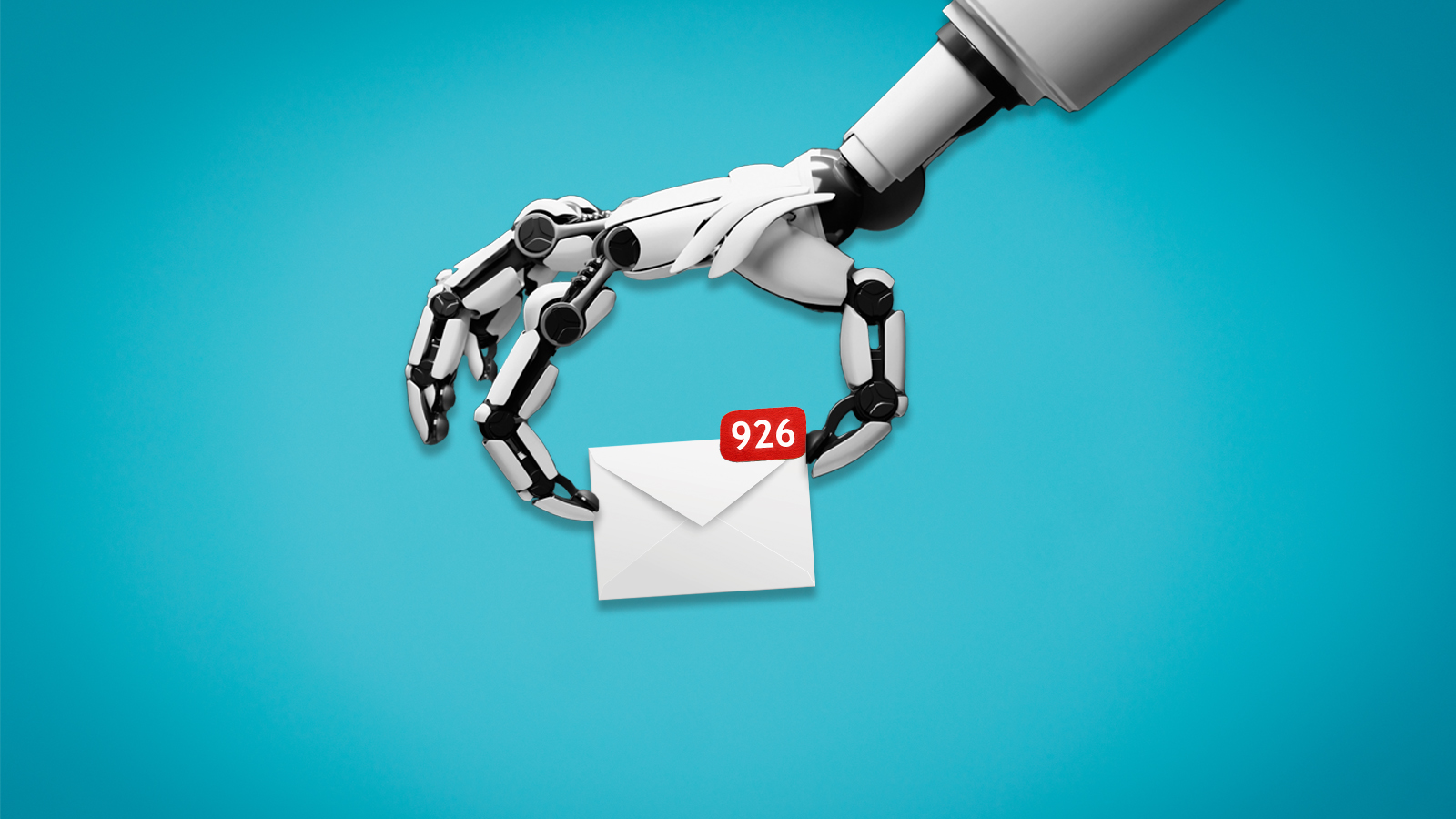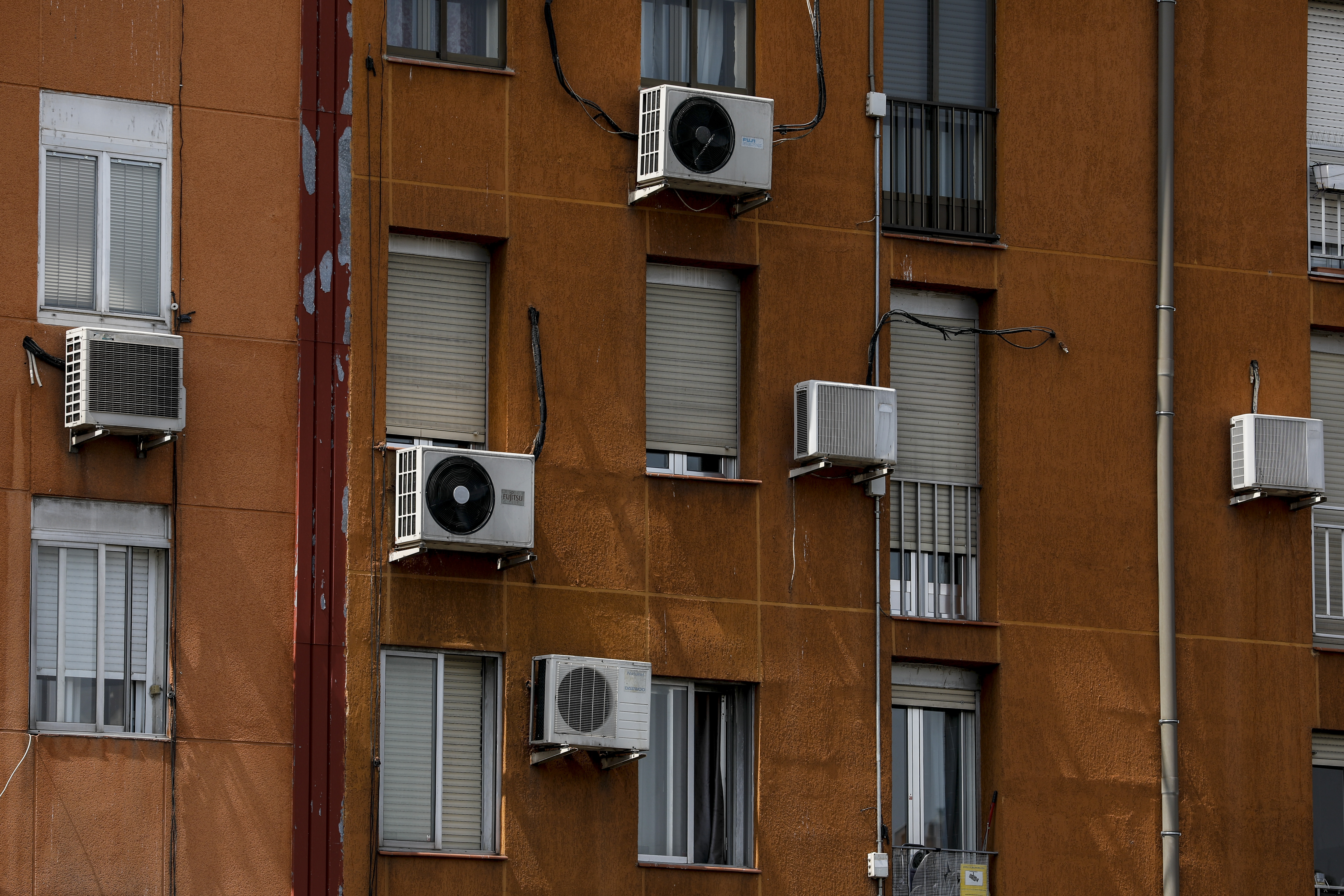The Supreme Court and the future of the internet
Why a case involving Section 230 could change everything


A free daily email with the biggest news stories of the day – and the best features from TheWeek.com
You are now subscribed
Your newsletter sign-up was successful
The Supreme Court is about to decide the future of the internet.
The court this week agreed to hear a case involving Section 230 of the Communications Decency Act, which shields internet providers from lawsuits over material posted online by users. The law "helped enable the rise of huge social networks like Facebook and Twitter," reports The New York Times, by ensuring they couldn't get sued every time a user posted something false or inflammatory.
But Section 230 "has come under heavy scrutiny from the right and the left in recent years," NBC News reports, "with conservatives claiming that companies are inappropriately censoring content and liberals saying social media companies are spreading dangerous right-wing rhetoric." What will happen to the internet if Section 230 goes away? Here's everything you need to know:
The Week
Escape your echo chamber. Get the facts behind the news, plus analysis from multiple perspectives.

Sign up for The Week's Free Newsletters
From our morning news briefing to a weekly Good News Newsletter, get the best of The Week delivered directly to your inbox.
From our morning news briefing to a weekly Good News Newsletter, get the best of The Week delivered directly to your inbox.
What is Section 230?
It's "one of the most valuable tools for protecting freedom of expression and innovation on the internet," according to the Electronic Frontier Foundation. That's a bit ironic, since the purpose of the Communications Decency Act was originally designed to prevent young kids from encountering obscene materials in what was then called "cyberspace." But Section 230 of the law also held that "no provider or user of an interactive computer service shall be treated as the publisher or speaker of any information provided by another information content provider."
That means the law "protects websites from lawsuits if a user posts something illegal," Casey Newton wrote for The Verge in 2020. (Practically, it allows YouTube to let millions of users upload and publish videos without worrying about getting sued if one of them posts something out of bounds.) But it also gives them the freedom to create their own moderation rules. "This is why Facebook and Twitter ban hate speech, for example, even though it is legally permitted in the United States."
Why do Republicans criticize Section 230?
The short answer: Donald Trump. Since tech companies are empowered under Section 230 to make their own content moderation choices, they were protected in early 2021 when the biggest of them — Twitter, Facebook, and others — banned him from their sites in the wake of the Jan. 6 Capitol riot. But Trump was arguing for the repeal of Section 230 even before that, when social media companies started blocking user posts that contained factual inaccuracies about COVID-19 and started posting warning labels on some of his tweets as well. Conservatives have spent the past few years arguing that "Big Tech" engages in censorship, mostly of conservative viewpoints (although studies show conservatives actually dominate social media). And a few GOP-run states, like Florida, have passed laws that prohibit social networks from "deplatforming" candidates for their views.
Why do Democrats criticize Section 230?
The short answer: Donald Trump. The Trump Era also led many Democrats to believe social media companies are too lax in permitting hate speech and Big Lies to proliferate. "Generally, Republicans worry that Section 230 gives internet companies too much leeway to suppress what people say online," the Times summarized last year, while Dems believe it gives "companies a pass for failing to effectively stop illegal drug sales or prevent extremists from organizing violence."
A free daily email with the biggest news stories of the day – and the best features from TheWeek.com
What is the Supreme Court case about?
Oddly, it's not about Trump at all. The case — Gonzalez v. Google LLC — "centers around the family of Nohemi Gonzalez, who was killed in an ISIS terrorist attack in Paris in 2015," Politico reports. The family says YouTube's algorithm pushed terror-sympathetic videos that helped inspire the attack. "The question before the court is whether Section 230 grants immunity for recommendations made by algorithms pushing certain content for users or if it only applies to editorial changes — like content removal — made by the platforms."
It's the first time the Supreme Court will directly consider Section 230, and industry observers are watching to see if justices issue a narrow ruling or something much more expansive. "The entire scope of Section 230 could be at stake, depending on what the Supreme Court wants to do," Jeff Kosseff, a law professor at the Naval Academy, told The Washington Post.
What will happen if Section 230 falls?
Some observers fret that the Supreme Court might use the case to gut Section 230 entirely. "The worst case scenario — Section 230 basically being entirely nullified — would be devastating to countless online platforms and companies," Devin Coldewey writes for TechCrunch. That's probably not likely. But "little changes make a big difference" and even a narrow ruling could end up forcing Twitter, Facebook, and YouTube to alter how much freedom they give users to post. It won't just be Big Tech companies that are affected, however. "If the Supreme Court erodes Section 230 immunity, it could create a nightmare scenario not just for Big Tech but for anyone [who] runs a website with user-generated content," Axios notes. Legally speaking, then, the whole internet might be up for grabs.
Joel Mathis is a writer with 30 years of newspaper and online journalism experience. His work also regularly appears in National Geographic and The Kansas City Star. His awards include best online commentary at the Online News Association and (twice) at the City and Regional Magazine Association.
-
 Sepsis ‘breakthrough’: the world’s first targeted treatment?
Sepsis ‘breakthrough’: the world’s first targeted treatment?The Explainer New drug could reverse effects of sepsis, rather than trying to treat infection with antibiotics
-
 James Van Der Beek obituary: fresh-faced Dawson’s Creek star
James Van Der Beek obituary: fresh-faced Dawson’s Creek starIn The Spotlight Van Der Beek fronted one of the most successful teen dramas of the 90s – but his Dawson fame proved a double-edged sword
-
 Is Andrew’s arrest the end for the monarchy?
Is Andrew’s arrest the end for the monarchy?Today's Big Question The King has distanced the royal family from his disgraced brother but critics claim a ‘fit of revolutionary disgust’ could still wipe them out
-
 AI's boost for students and teachers in higher education
AI's boost for students and teachers in higher educationSpeed Read
-
 Artificial intelligence goes to school
Artificial intelligence goes to schoolSpeed Read AI is transforming education from grade school to grad school and making take-home essays obsolete
-
 Could AI be harmful to people's health?
Could AI be harmful to people's health?The Explainer Artifical intelligence's use in online content and health care tech raises concerns
-
 NPC streamers are having a moment
NPC streamers are having a momentSpeed Read A look behind the viral TikTok trend that has the internet saying, "Mmm, ice cream so good"
-
 Creatives are fighting back against AI with lawsuits
Creatives are fighting back against AI with lawsuitsSpeed Read Will legal action force AI companies to change how they train their programs?
-
 Forget junk mail. Junk content is the new nuisance, thanks to AI.
Forget junk mail. Junk content is the new nuisance, thanks to AI.Speed Read AI-generative models are driving a surge in content on fake news sites
-
 World's reduced thirst for oil may be foiled by developing countries' challenges
World's reduced thirst for oil may be foiled by developing countries' challengesSpeed Read Will developing nations slow the peak of global oil demand?
-
 The movement to make A/C energy efficient
The movement to make A/C energy efficientSpeed Read Air conditioners have been bad for the planet, but we'll likely continue to need them.
